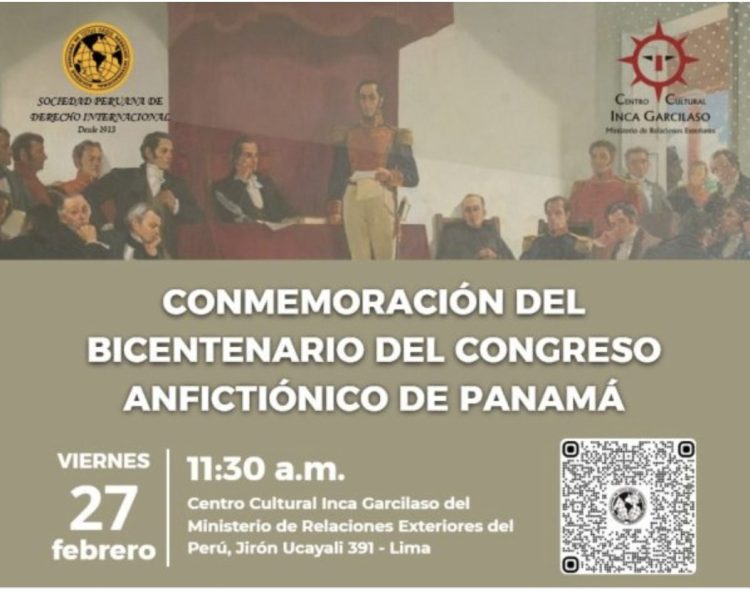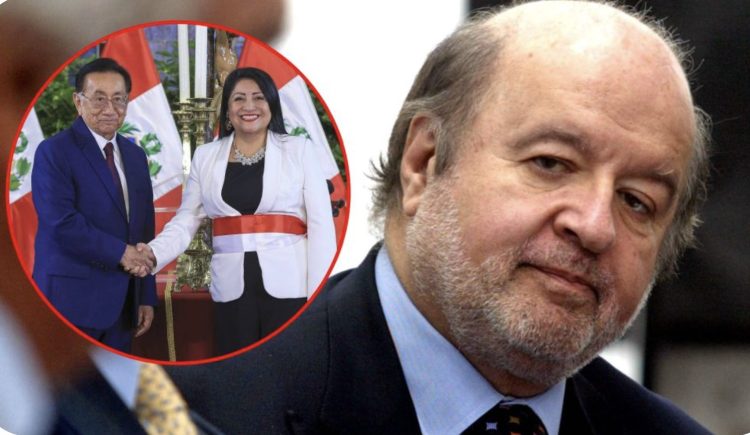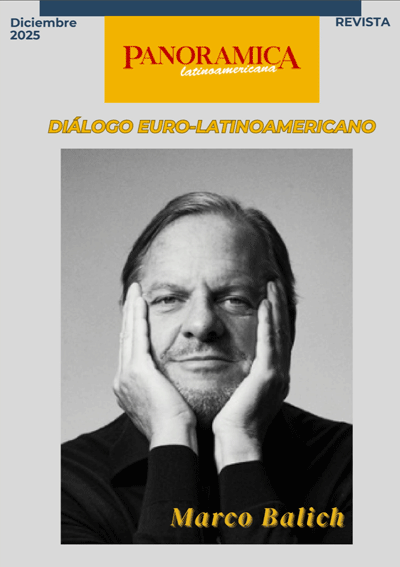En lengua inglesa reproponemos el interesante artículo de nuestra Columnista, Christine Stevens, Embajadora del Reino de Bélgica, quien analiza los últimos acontecimientos verificados en la Unión Europea. Las reacciones de sus miembros, las resistencias, las adhesiones y la aplicación individual de tratamiento, por cada país, hacia los refugiados. En su visión, estas actitudes tan diferentes entre los miembros ya se han verificado en otras situaciones. Esto nos hace pensar que tenemos en acto un mecanismo democrático, casi saludable, en el proceso comunitario. En estos tiempos, pocas cosas son estables y con visión de futuro, esperemos que este proceso lo siga siendo.
The European Union is increasing its efforts to find an appropriate solution, adapted to the refugee crisis and to establish a credible European migration policy.
The plan to relocate 120,000 refugees and migrants was approved by a vote by qualified majority under the Treaty, on September 22nd, 2015 by the Ministers of the Interior EU meeting in Brussels. Four countries from Eastern Europe, Romania, the Czech Republic, Slovakia and Hungary, opposed the compromise proposal regarding the distribution of refugees arriving in Greece, Italy and Hungary. Finland abstained.
On 23 September, an extraordinary informal meeting of Heads of State and Government discussed the assistance to be provided to member states located in the front line of refugee arrivals. They examined the cooperation with the Western Balkans, Turkey and the countries bordering Syria, assistance to be provided to the United Nations High Commissioner for Refugees and WFP (World Food Programme), as well as diplomatic efforts to resolve the crisis in Syria.
It was followed by an agreement on the distribution of 120,000 refugees and migrants, without imposing quotas. The number of people to be hosted by countries will be voluntary. The four recalcitrant countries might not respect these decisions and threatening to go to court.
European leaders agreed on the installation of «hotspots» or centers of detention and «support teams to migration» centers (the first registration centers for migrants arriving at the EU’s external borders) in Italy (Sicily) and Greece (Piraeus Athens). They decided on how to ensure the management of these centers, under the Dublin Regulation, which stipulates that it is the country of first entry, which must process the files. With support teams to migration or detention centers, Syrians, Iraqis and Eritreans will be relocated. It was in the detention centers that those who have no chance of getting asylum, mainly economic migrants will be identified.
This is not a new divide between old and new members in the European Union. It is not the first time that members disagree on sensitive issues. Remember the discussions on the Greek case, the issue of participation in the war in Iraq, and many other minor problems of debate between the 28 member states.
The four member countries that opposed the decisions are for the first time confronted with the migration issue; the old EU countries have a familiar migratory history since a long time, having experienced many waves of migration that accompanied the years of growth and prosperity. These migratory waves remain in the collective unconscious. On the contrary, the countries of Eastern Europe, the new members, are faced for the first time with migratory waves. Poland, for example, currently campaigning for elections, must answer these questions for the first time. A recent survey reports that only one in five Poles has ever spoken to a foreigner in a year. In Eastern Europe, there are no multicultural societies, although there are people who have individually expressed their empathy for refugees in recent weeks. In the collective unconscious of the member countries of Eastern Europe, lies the historical «fear of the Muslim» since the Ottoman invasions which were finally stopped in Vienna in the middle of the 18th Century. Even with former members, unanimity on the refugee issues, does not exist. In Northern Europe, for example, the reaction was different in Denmark and in Sweden: the first is folded unto itself, whilst the second has raised more funds than during the tsunami tragedy in 2004.
In many member states, especially in the East, public opinion, disappointed by European policies, is drawn against the EU. The EU is founded on the principle of solidarity and distribution of wealth between rich and poor. This principle is not shared by the new members. In general, the former EU values are not accepted by the new members. In addition, they are offended by the «arrogance» of the EU: «we give you money, do what you’re told! «. It is difficult to characterize the political nature of the new members. It is some sort of «hybrid democracy» with seeds of authoritarianism.
While international funding is reduced, the European Commission has proposed 200 million for WFP and UNHCR and a budget of 500 million euros for the international fund of assistance to Syrian refugees; the Commission calls on Member states to double their contribution to reach 1 billion euros for the whole of European aid. And still more funds will be necessary.
Let us remember the report by the German employers published in June this year : by 2030, the German industry will need 1 million qualified labourers. The lack of qualified labour is due to the demographic slowdown which involves many other European countries.
The question is also whether the asylum system is properly applied by the European states. The European Commission pinpointed 19 EU member states at fault, including Belgium, France and Germany. If these countries do not conform, the Commission will bring the case before the European Court of Justice. This is another Pandora’s box.
Are we at the point of adhering to the concept of a «two-speed Europe», an idea dear to Leo Tindemans, former Belgian Prime Minister (1974-1978) and former Foreign Minister (1981-1989) in the seventies ?










